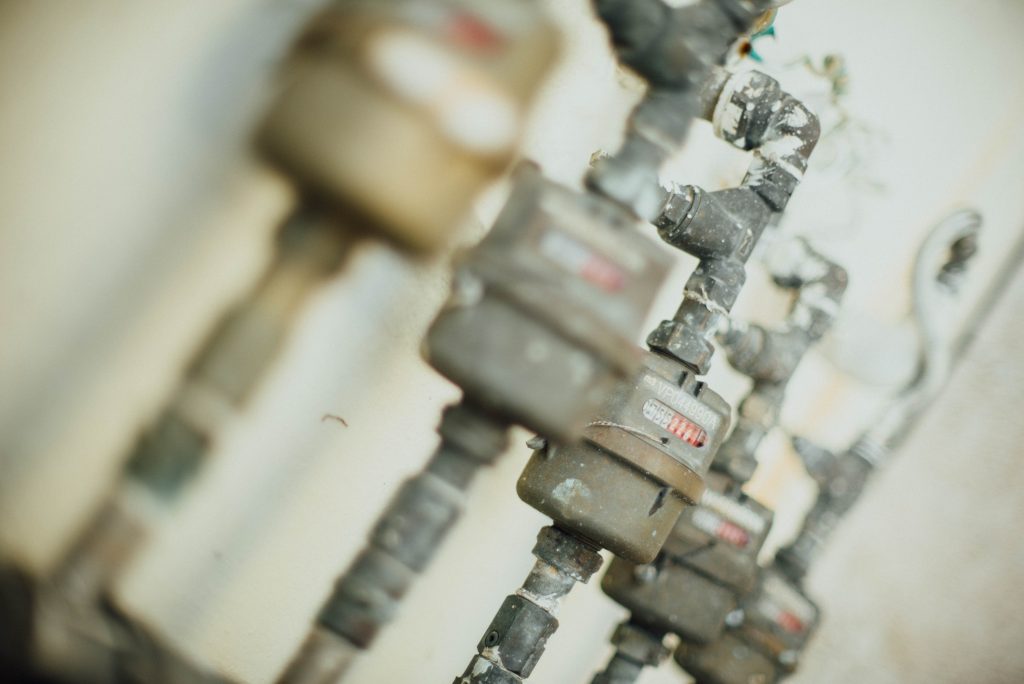Understanding Water Damage: Causes and Consequences
Water damage can strike your commercial or residential property when you least expect it, often with secondary damage if left untreated. Whether it’s a burst pipe, a leaking roof or a flood, the causes of water damage are diverse, and so are the potential consequences. We’ll explore the common causes of water damage and explore the ripple effects it can have on your property and your peace of mind.
Common Causes of Water Damage
- Plumbing Failures: One of the most common causes of water damage in homes is plumbing failures. Burst pipes, leaky faucets, and malfunctioning water heaters can lead to significant water damage if not addressed promptly.
- Weather-Related Issues: Severe weather events like heavy rain, storms, and flooding can overwhelm drainage systems and lead to water intrusion in homes. Roof leaks and damaged siding can also result from extreme weather conditions.
- Appliance Malfunctions: Dishwashers, washing machines, and refrigerators are essential appliances in our homes, but they can also be sources of water damage if they malfunction or develop leaks.
- Poorly Maintained Gutters: Clogged or poorly maintained gutters and downspouts can cause rainwater to overflow and seep into your home’s foundation, leading to water damage.
- Sewage Backups: Sewage backups are not only unpleasant but also hazardous. They can occur due to blockages in the sewer line or problems with the municipal sewage system.

The Consequences of Water Damage
Water damage can have far-reaching consequences that extend beyond the immediate inconvenience. Here are some of the potential effects:
- Structural Damage: Water can weaken the structural integrity of your home, leading to warped wood, crumbling drywall, and compromised foundations.
- Mould Growth: Standing water and moisture create an ideal environment for mould growth. Mould can spread rapidly and pose health risks to occupants.
- Electrical Hazards: Water damage can lead to electrical problems, increasing the risk of electrical fires and other safety hazards.
- Health Risks: Water damage can result in unsanitary conditions that may lead to health issues, including respiratory problems and allergies, particularly if mould is present.
- Financial Burden: Repairing water damage can be costly, especially if it has caused extensive structural or cosmetic damage.
Preventing Water Damage
While water damage is a common issue, there are steps you can take to reduce the risk:
- Regular Maintenance: Stay proactive by conducting regular inspections and maintenance of your plumbing, roof, and appliances.
- Install Water Alarms: Water alarms can alert you to leaks or flooding, allowing you to take immediate action.
- Proper Drainage: Ensure your gutters and downspouts are clear and functioning correctly to direct rainwater away from your home.
- Sump Pump: Consider installing a sump pump in your basement to prevent water accumulation during heavy rainfall.
- Professional Inspection: Periodically have your home inspected by professionals to identify potential issues before they become major problems.
Comprehending the causes and far-reaching consequences of water damage is of utmost importance for homeowners in Australia. Whether it stems from plumbing failures, severe weather events, appliance malfunctions or other factors, water damage can cause unexpected repairs and costs to your property. The structural damage it can cause coupled with the potential for mould growth, electrical hazards, health risks and the financial burden of repairs, underscores the necessity of preventive measures.
To mitigate the risk of water damage, regular maintenance, the installation of water alarms, ensuring proper drainage and scheduling professional inspections all play vital roles. By staying vigilant and proactive, homeowners can safeguard their properties from the substantial impact that water damage can have on both the structural integrity and safety of their homes.

